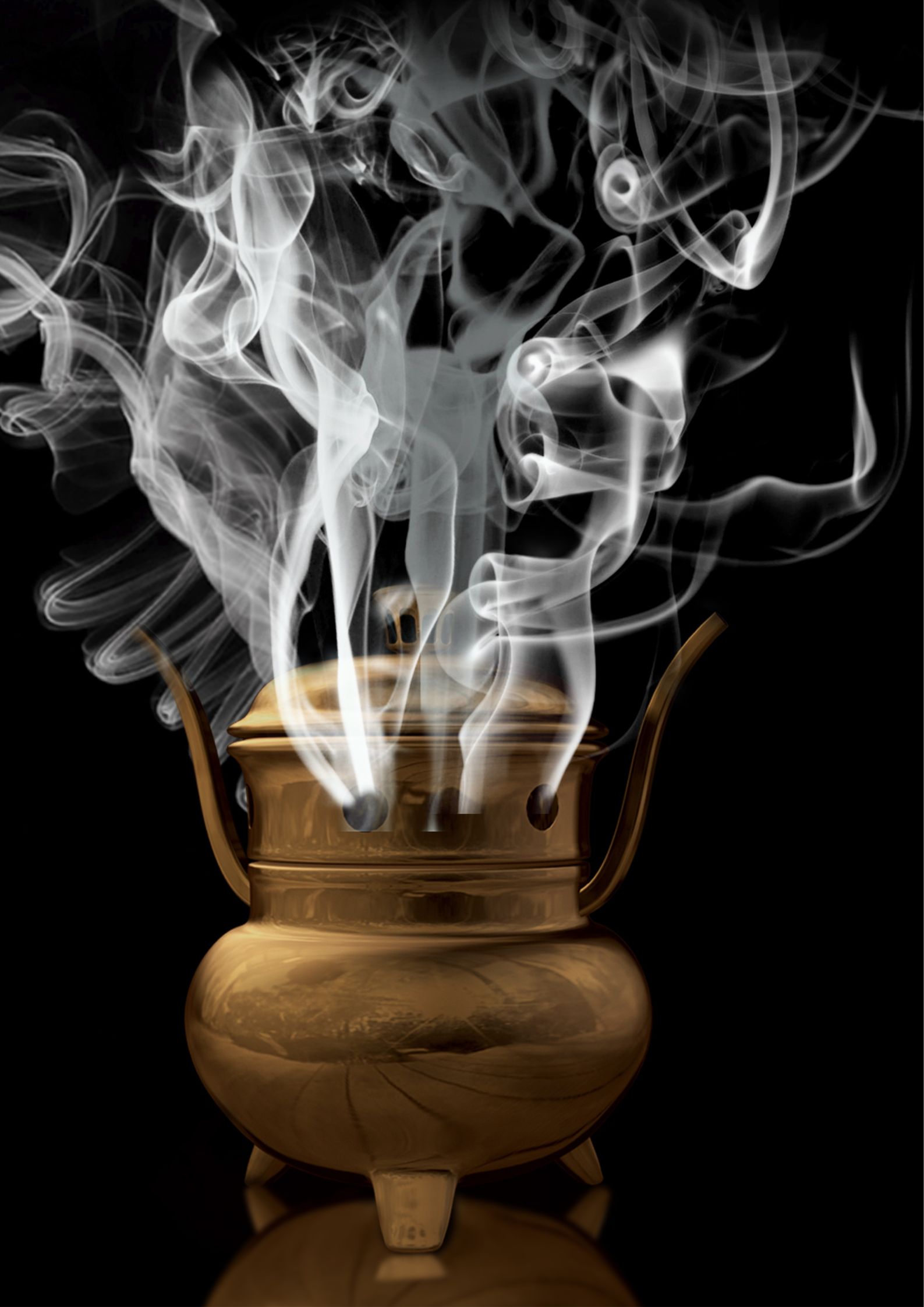“Then I saw a Lamb, looking as if it had been slain, standing at the centre of the throne, encircled by the four living creatures and the elders. The Lamb had seven horns and seven eyes, which are the seven spirits of God sent out into all the earth. He went and took the scroll from the right hand of him who sat on the throne. And when he had taken it, the four living creatures and the twenty-four elders fell down before the Lamb. Each one had a harp and they were holding golden bowls full of incense, which are the prayers of God’s people.” (Rev 5: 6 – 8)
Our prayers are precious to God. John’s vision describes the prayers of God’s people like incense held in golden bowls. Incense held in bowls of precious metal.
And if our Prayers are as incense, they are a sweet-smelling aroma to God. The Lord welcomes them in his Presence. The Lord welcomes them into His throne room.
Let’s explore this a bit more deeply:
What does incense signify or remind us of?
· In the Old Testament tabernacle, incense was made from sweet spices and oil (with specific instructions from the Lord in Ex 30)
· It was made by a skilled perfumer.
· It had an enjoyable smell.
· But it was for God (Look at the Lord’s instructions in Ex 30: 37 – 38, “Do not make any incense with this formula for yourselves; consider it holy to the Lord. Whoever makes incense like it to enjoy its fragrance must be cut off from their people.”)
· The contributing spices were likely expensive.
So, what might these facts tell us about the types of prayer that pleases God?
· The recipe for the incense came from the Lord. It was made under His instructions. So, one conclusion might be that it is best to pray according to His instructions.
· When we pray according to God’s Word and by the leading of His Spirit, I believe the Lord loves that and He blesses it. It pleases Him. It is like sweet-smelling incense to Him.
· What sort of prayers please the Lord? Here are some examples of Biblical prayers:
- When we repent
- Prayers for unity
- Prayer for salvations
- Praying that God’s Word will bear fruit.
- His name to be glorified.
- Christ-like character to be formed in us.
- And much more, as we study the Scriptures.
Putting all that together, we might conclude that the prayers pleasing God will be prayers that are God-centred, not me-centred.
But, what about those prayers when we just pour our hearts out to God? – when we are not praying for unity or repenting, or for the Lord to be glorified. What about our prayers when we are praying for ourselves because we are hurting or worried or in fear? Are they less spiritual?
Look at David’s prayers in the psalms:
· “Give ear to my words, O LORD;
consider my groaning” (Ps 5: 1 ESV)
· “Turn to me and be gracious to me,
for I am lonely and afflicted (Ps 25: 16 ESV)
· “Appoint someone evil to oppose my enemy;
let an accuser stand at his right hand.
When he is tried, let him be found guilty,
and may his prayers condemn him.” (Ps 109: 6 – 7)
These are the Word of God. If these prayers are Biblical too, then it’s ok, as life demands it to pour out your heart to the Lord but remember this: Although David often wore his heart on his sleeve in the psalms, praying sometimes with brutal honesty, he usually circled back to expressing faith, or worship. Ultimately, his heart’s desire was for his God to be glorified.
“4-min devotions – the podcast” are now available here: (https://redcircle.com/shows/4-minute-devotions-the-podcast). This week’s message – “Holiness”.


